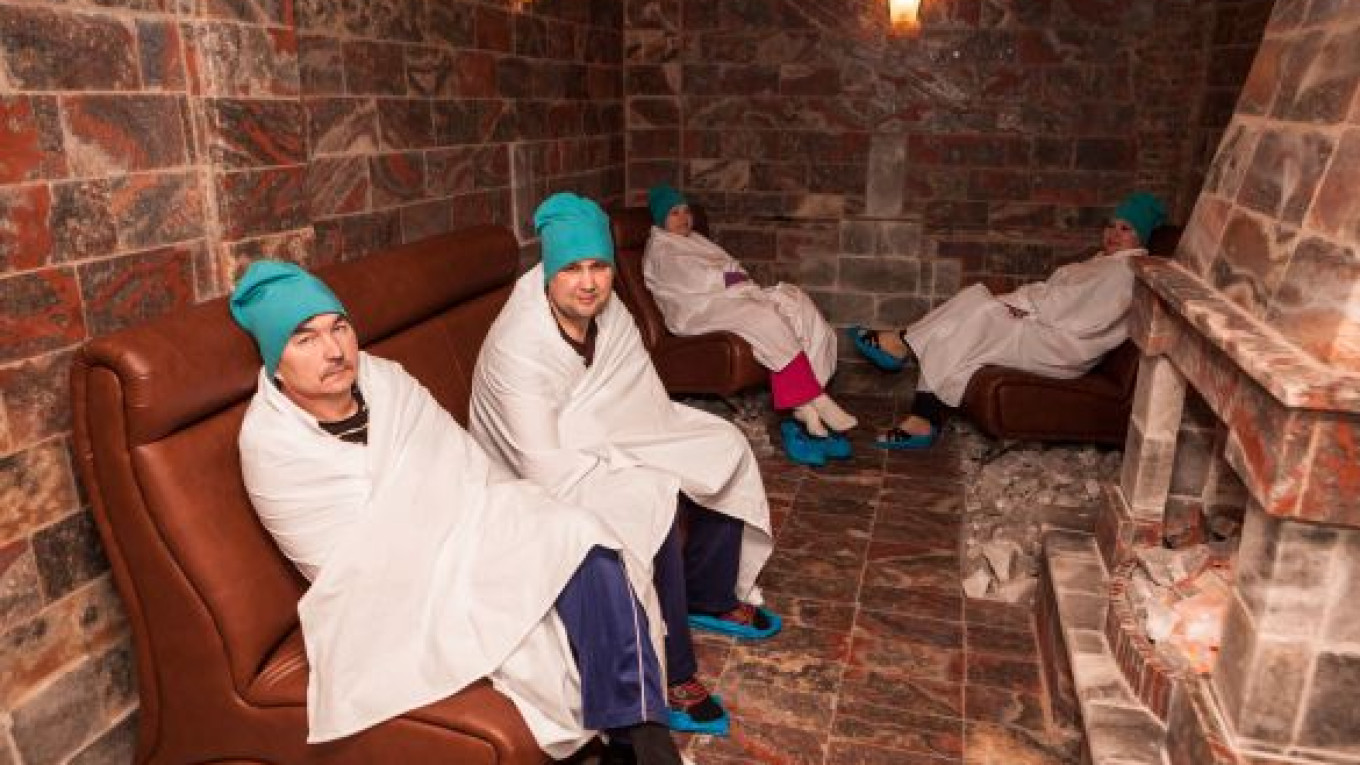Russia plans to switch to a variable tax rate on natural gas producers to lessen the burden on companies willing to develop deep and remote fields and to claw back money from exporters who enjoy benefits.
The Finance Ministry, which is trying to find ways of replenishing state coffers as the country's economy slides, said on its website that the rates would be based on oil prices, the complexity and location of the company's gas fields and the production of gas condensate, which could be exported.
The proposal for the mineral extraction tax, or MET, which is expected to be introduced at the beginning of next year, will redress some of the imbalance in the taxation system that has spared the gas industry for years.
Analysts said the new rates would be higher for state-owned Gazprom, which enjoys a monopoly on Russian gas exports, and lower for producers such as Novatek, which is developing a large swathe of deeper sites.
The Finance Ministry plans to ease the burden on tough development projects.
"We see potential for significant savings in MET rates for Novatek (in comparison to) current forecasts due to the discount on deeper deposits," JP Morgan analysts said on Thursday.
Russia is the world's top producer of conventional gas thanks to vast reserves and, unlike the United States, is yet to make forays into production of hard-to-recover shale gas.
However, its traditional gas fields are being depleted and companies are being forced to move into new regions, such as the Yamal peninsula, or to drill deeper to extract the fuel.
It is hard to predict the rates due to the complexity of the formula and the multiple factors in play. Currently, Gazprom pays 509 rubles ($16) per 1,000 cubic meters in MET, while the rate for the other companies stands at 251 rubles.
Analysts from Otkritiye brokerage said average gas MET for Gazprom would jump to 1,017 rubles, taking into account the government forecast for oil prices, while the rate for Novatek would increase to 636 rubles from next year, a level higher than had been previously forecast by government.
A Message from The Moscow Times:
Dear readers,
We are facing unprecedented challenges. Russia's Prosecutor General's Office has designated The Moscow Times as an "undesirable" organization, criminalizing our work and putting our staff at risk of prosecution. This follows our earlier unjust labeling as a "foreign agent."
These actions are direct attempts to silence independent journalism in Russia. The authorities claim our work "discredits the decisions of the Russian leadership." We see things differently: we strive to provide accurate, unbiased reporting on Russia.
We, the journalists of The Moscow Times, refuse to be silenced. But to continue our work, we need your help.
Your support, no matter how small, makes a world of difference. If you can, please support us monthly starting from just $2. It's quick to set up, and every contribution makes a significant impact.
By supporting The Moscow Times, you're defending open, independent journalism in the face of repression. Thank you for standing with us.
Remind me later.


